Egypt, the favourite African destination for Chinese tourists
Egypt and China have always maintained good relation. Since the late 1970s, Egypt and China have been on a steady path of economic and political rapprochement. As traditional allies withdraw, Beijing is engaging in a “global strategic partnership” with Egypt. By elevating their relations to the highest level in the hierarchy of “partnerships” established by Chinese diplomacy, Beijing and Cairo commit themselves to cooperate in all areas of bilateral relations in the long term.
As a result, even in the event of occasional tensions, cooperation between the two countries must not fail. A kind of promise of support and cross loyalty.
China, a World Bank for Egypt
Egypt needs foreign investment and China is largely in a position to provide it if it receives diplomatic weight in return.
Indeed, the Middle Kingdom could use this bilateral relationship as an argument towards the United States but also serve as China’s gateway to various African and European markets.
- Egypt is on the new silk road planned by Beijing.
- Over the past 10 years, China’s Import and Export Bank has provided more loans to African countries than the World Bank.
- During a conference in Egypt, China promised investments in clean energy, tourism, and the Suez Canal.
- 18 billion dollars, the total value of the recent agreements reached between Chinese companies and Egypt.
- Since 2014, Chinese President Xi Jinping has invited Egyptian President M. Sisi to China 5 times.
Good economic and diplomatic relations between the two countries influence tourism
In parallel with the expansion of investment, there has been a growing flow of Chinese tourists traveling to Egypt. This good relationship between the two countries helps to create a climate of trust for Chinese tourists traveling to this country. Unlike other tourists from other countries, the number of Chinese tourists in Egypt has more than doubled last year, from 130,000 to 300,000.
Selim Shawer, Director of Sofitel Luxor Winter Palace said “We have seen a very significant increase in the number of Chinese tourists” by confirming that some of its employees are learning Chinese to better serve them. According to Egyptian statistics, China has become the fourth largest exporter of tourists to Egypt since early 2017.
One of the reasons for this growth is the increase in the number of charter flights from China, explains Ahmed Al-Kholy, director of Solar Empire Hotel, an Egyptian company specializing in the Chinese market. For example, there are now 14 flights per week between China and Egypt, and the number is expected to increase.
Egypt, first African destination for Chinese tourists
According to a report published by the Chinese tourism network Oyo, Egypt has been ranked in the first position on the list of the most popular African tourist destinations for Chinese tourists.

The Chinese market has its advantages and disadvantages
It’s a small budget, but it provides volume. Moreover, it is not as sensitive to political events as the European market. Europeans get scared when something happens, but the Chinese are not so easily affected, as long as their government approves and maintains good relations with the country they are visiting.
For example, the sight of full Chinese tourists buses visiting ancient Egyptian sites has boosted the morale of the country’s hoteliers and travel agents who are looking forward to a new and vast source of potential visitors.
Among the information published in the Oyo report:
- 44% of tourists were born in the 1980s compared to 12% in the 1990s.
- The Abu Simbel temple is the most visited tourist site by the Chinese.
- Chinese tourists said they prefer to visit Egyptian homes as hosts as well as cruises on the Nile.
According to the World Tourism Organization, the number of Chinese tourists visiting Africa in 2016 reached 11.3 million people. Egypt, Mauritius, Kenya, South Africa, and Tunisia are the five African destinations most visited by Chinese tourists.
Opportunities for Egypt to be seized
The Chinese are the world’s leading tourist market. In 2016, Chinese travelers increased by 7% to 130.5 million tourists in 2017. Their foreign spending was estimated at more than $325 billion. By 2021, Fung Global Retail & Technology estimates that 192 million Chinese will travel abroad, and their total spending will reach $458 billion.
This is a great opportunity for brands that want to address this high-powered clientele, provided that their marketing strategy is adapted to the specificities of the Chinese market and consumers’ expectations. To welcome these tourists with strong purchasing power, international destinations and brands are beginning to equip themselves with tools adapted to this market.
How to attract Chinese tourists to Egypt?
In China, the importance of social networks cannot be overlooked if we want to conduct an effective marketing campaign to reach Chinese consumers.
WeChat: The first information channel and means of communication preferred by the Chinese. With this application, you can do almost anything. 94% of Chinese users who have WeChat use it every day. They visit it on average 10 times a day. They can send messages and call their contacts. But also pay directly with the application, in stores or online. Sending documents to WeChat is now more convenient than using your mailbox.
Weibo: Weibo is the Chinese version of Twitter (in fact the platform offers many more services than Twitter). Chinese social networking has reached more than 431 million active users per month in 2018. Weibo mobilizes communities that regularly open debates and uses the site to learn about all kinds of topics. All brands wishing to establish themselves in China must now have their Weibo account to communicate with the Chinese community.
YOUR CAMPAIGN ON WECHAT OR WEIBO
Creating and managing your official account requires specific steps. We must be able to create content adapted to Chinese consumers. Our teams are made up of Chinese and international employees who are responsible for communicating the values and information of your brand in this market. We ensure interaction with your consumers in order to create and build a real community around your brand.
Zhihu.com: Zhihu is an online Q&A community. It is built on a friendly and conscientious atmosphere, connecting elites from all sectors of activity. They all share their expertise, experience, and knowledge on various topics, thus providing a continuous flow of quality information for the community. Brands can use the research and answers on Zhihu to better understand their consumers’ interests. By creating an account on the platform, they can interact directly with their community.
Partnerships with KOLs: To attract Chinese tourists, it is necessary to build partnerships with Chinese platforms and KOLs (Key Opinion Leader). Partnering with Chinese bloggers is a great way to get the word out about your company in China. By choosing the right influencers you can directly target a specialized audience that is very receptive to the advice of these bloggers whom they admire and in whom they have great confidence.
RESEARCH AND COLLABORATION WITH INFLUENCERS
With more than 7 years of experience in this market, GMA now has a large number of influencers’ contacts on various social media. We will help you choose the right person to optimize your strategy and achieve your objectives.
Mobile payment: The ability to support payment services such as UnionPay or Alipay is also important.
In addition to a strong presence on Chinese social networks such as WeChat and Weibo, some players now offer payment options via Chinese tools (WeChat Pay and Alipay)
A report by Nielsen and Alipay, entitled “Trends in Chinese mobile payment in outbound tourism in 2018”, revealed that the average budget of Chinese tourists traveling abroad increased to over $6,026 per person in 2018. In addition, some 69% of tourists used mobile payment when shopping abroad, 4% more than the previous year.
E-REPUTATION AND BRANDING: The Chinese attach great importance to the reputation of a brand, but they do not trust them much because of the many problems of transparency and counterfeiting. Online branding and reputation have become essential for the development of brands in the Chinese market. We provide you solutions adapted to your project to achieve the expected performance.
WE ARE EXPERTS IN DIGITAL IN CHINA
Our Chinese tourist website is intended to be informative and useful for professionals wishing to develop their business in China. Our Agency sets up services to carry out your projects in this booming market.
Take a look at our services here or consult our previous articles:
- Chinese tourists in Algeria, (the secrets to attract them)
- + 50% more Chinese tourists in Africa (and how to take advantage?)
- How Brands can Appeal to the Affluent Chinese Travelers?
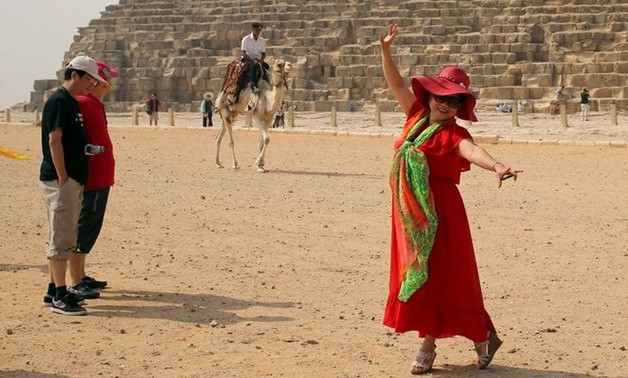
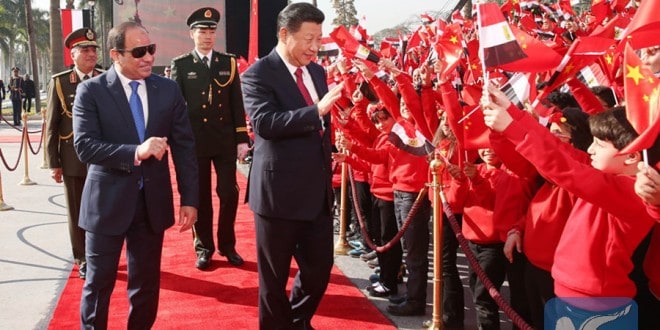
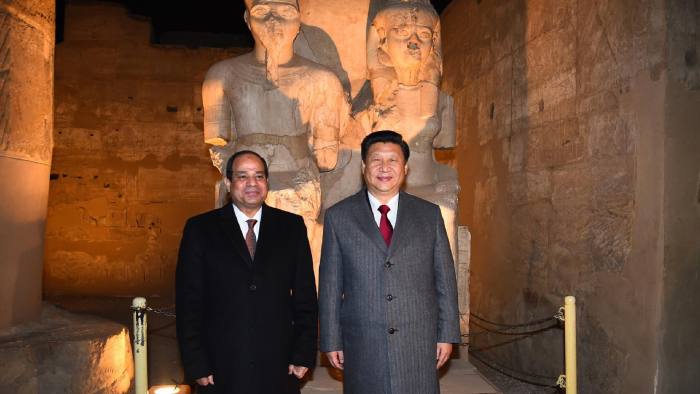
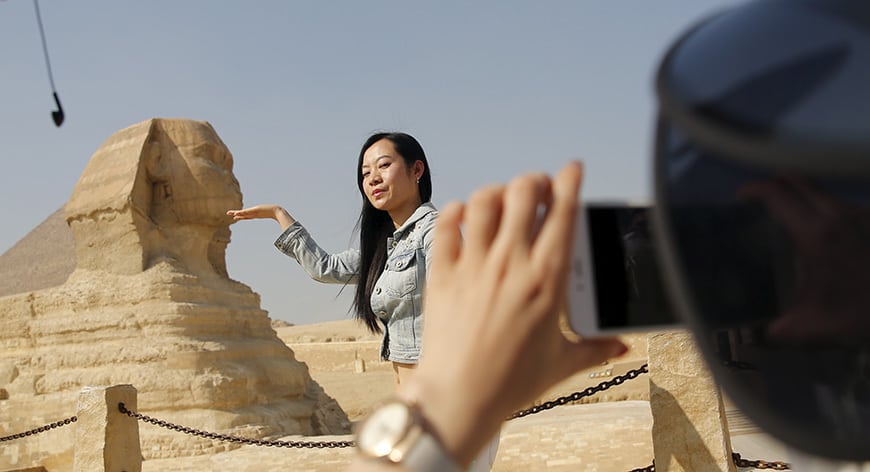


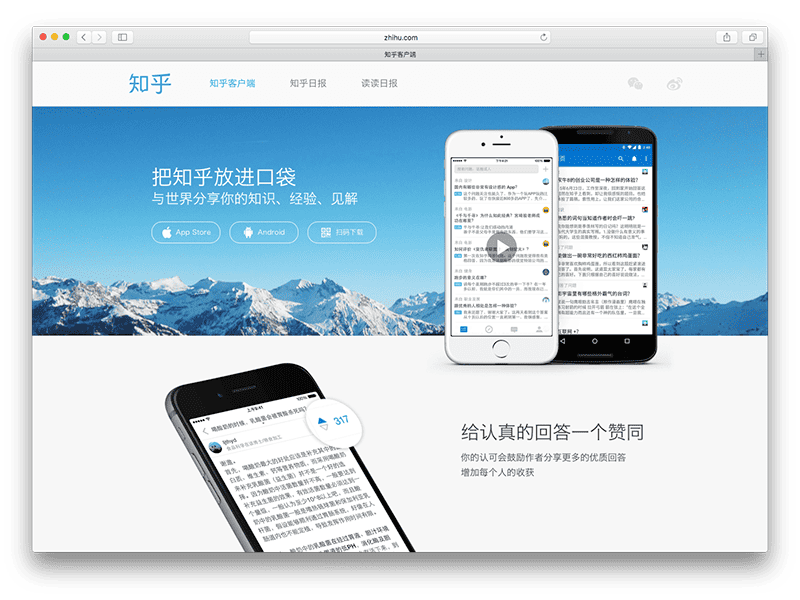

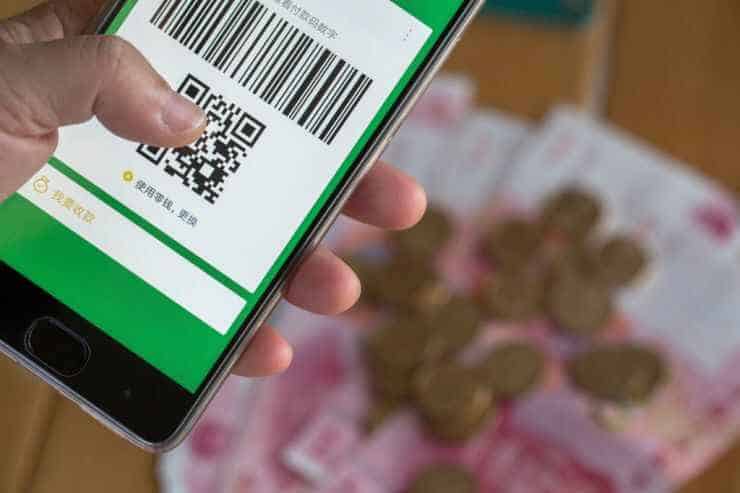


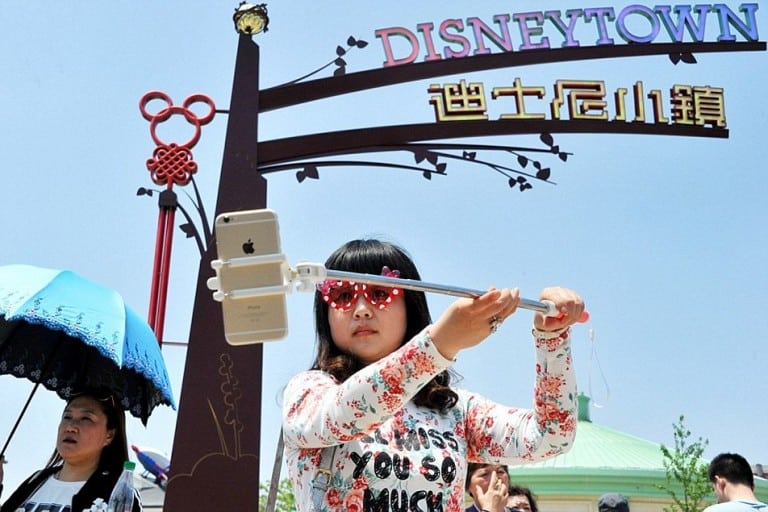
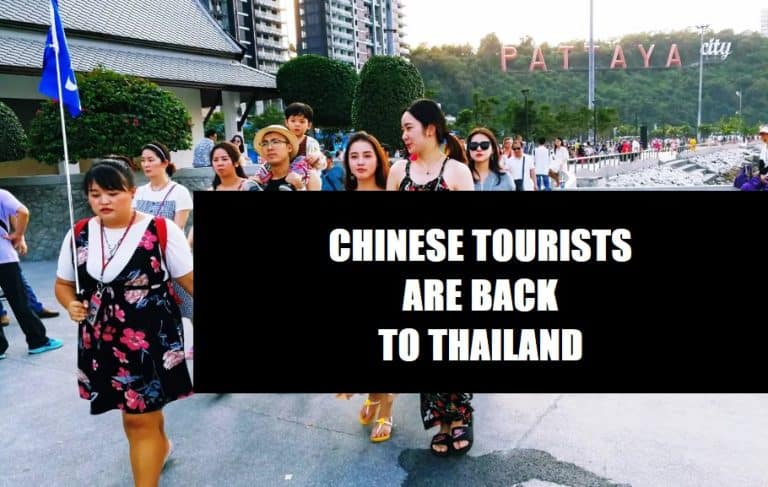


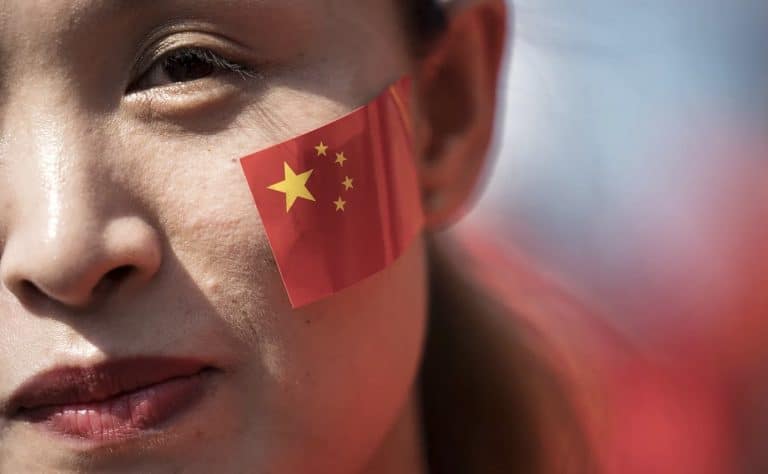
i have a travel agency in egypt and im organiziing all kinds of trip to chinese tourist for a long time ago and we have many commments in taobao so im planing to work together and spot the Chinese customers who are coming to egypt
We can help you Peter. Contact us to promote your Egypt travel Agency in China
To my opinion, Chinese People travel to Egypt for various reasons, including:
1- Cultural Interest: Egypt is known for its rich cultural history and is home to many ancient sites and artifacts, including the pyramids, the Sphinx, and many temples. Chinese tourists may be drawn to these historical landmarks and wish to learn more about ancient Egyptian culture.
2- Adventure: Egypt offers many outdoor activities, such as camel rides, hot air balloon rides, and desert safaris. These types of experiences are popular among Chinese tourists, who may be seeking new and exciting adventures.
3-Entertainment : Egypt is also known for its luxury resorts and beautiful beaches, such as the Red Sea Riviera. Chinese tourists may travel to Egypt to unwind and enjoy the sun, sand, and sea.
4- Business: As China continues to expand its global presence, Chinese businessmen and women may travel to Egypt for trade and investment opportunities.
5- Archaeology: Some Chinese tourists may travel to Egypt for educational purposes, such as attending language courses or studying archaeology.